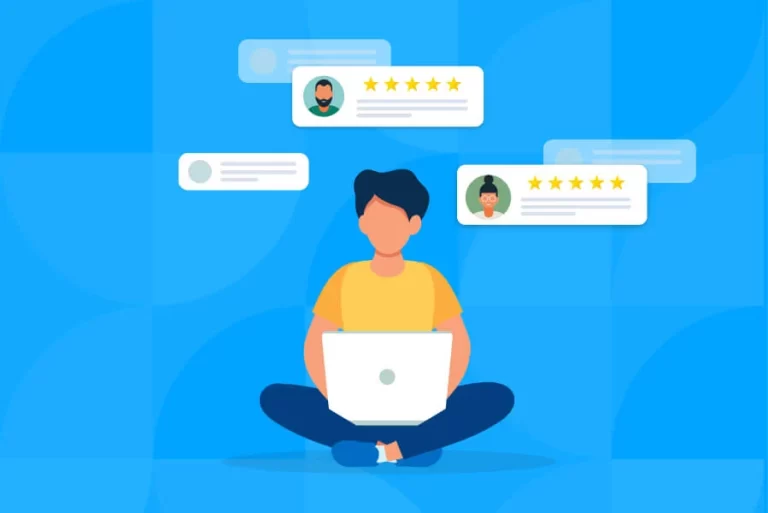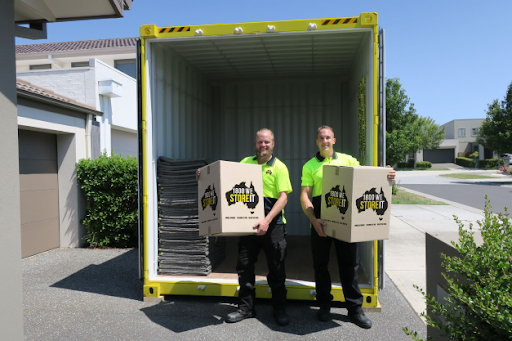Duration of side effects of chemo and radiation Long-term side effects (late effects) can include damage to the heart, lungs, brain, nerves, kidneys, thyroid gland, or reproductive organs. Kids can also experience issues like delayed cognitive development, growth problems, or infertility.
Can children receive chemotherapy?
Both adults and kids can get cancer. No matter what age a person is, chemotherapy (also called chemo) may be used to treat the cancer. Sometimes people need to stay in the hospital to get chemo. But often, a person can just come to the hospital or doctor’s office for treatment and go home afterward.
How do I prepare my child for chemotherapy?
Foods
- Keep a bag of snacks and drinks for you and your child. …
- Keep hard candies available. …
- Encourage frequent sips of liquids to keep the mouth moist and keep your child hydrated.
- Bring plastic utensils because chemotherapy can cause a weird metallic taste, eating with metal utensils can enhance this.
Why can’t kids have chemo?
Is there any risk to family and friends? You may worry about the safety of family and friends while you are having chemotherapy. There is little risk to visitors, including children, babies and pregnant women, because they aren’t likely to come into contact with any chemotherapy drugs or body fluids.
Is chemotherapy painful for kids?
Pain. Some chemo drugs cause headaches, muscle pains, stomach pains, or even temporary nerve damage, which can result in burning, numbness, or tingling in the hands and feet. If this happens, your doctor can prescribe medicines that can help.
Can babies survive chemo?
Chemotherapy seems to be safe for the baby if given in the second or third trimester of pregnancy, but it isn’t safe in the first trimester. Other breast cancer treatments, such as hormone therapy, targeted therapy, and radiation therapy, are more likely to harm the baby and are not usually given during pregnancy.
Is chemo for kids the same as adults?
For children, the amount of therapy, type of medicine, or need for surgery may differ from adults. In many cases, the cancer cells in children respond better to treatments compared to adults. Children can often handle higher doses of chemo drugs for shorter periods before side effects occur.
Is there an age limit for chemotherapy?
Although there is no age limit for delivering systemic chemotherapy, the barriers to delivery of systemic chemotherapy are greater with increasing age.
Can a 2 year old get chemotherapy?
Chemotherapy drugs Very young children (less than 3 years old) might have chemotherapy instead of radiotherapy. It depends on their type of brain tumour. This is to avoid radiotherapy when they are very young.
Is chemotherapy painful?
Does chemotherapy hurt? IV chemotherapy should not cause any pain while being administered. If you experience pain, contact the nurse taking care of you to check your IV line. An exception would be if there is a leak and the drug gets into surrounding tissues.
How many childhood cancers are there?
Cancer in children and young people is rare. In the UK, only 1 in every 450 children under 15 develops a cancer. So about 1,600 children (up to the age of 15) in the UK are diagnosed with cancer each year. These cancers can be quite different from cancers affecting adults.
How can I help my child cope with chemo?
When a parent has cancer: Helping teens and kids cope
- Say that it’s cancer.
- Tell your kids, You didn’t cause it. You can’t catch it. You can’t control it.
- Also, tell your kids that you can still spend quality time together, participate in care, still be a kid, have fun, etc.
Why is chemo toxic?
Cancer cells tend to grow fast, and chemo drugs kill fast-growing cells. But because these drugs travel throughout the body, they can affect normal, healthy cells that are fast-growing, too. Damage to healthy cells causes side effects.
How sick does chemo make you?
Chemotherapy can make you feel sick (nauseated) or cause you to vomit. Not everyone feels sick during or after chemotherapy, but if nausea affects you, it will usually start a few hours after treatment. Nausea may last for many hours and be accompanied by vomiting or retching.
Why do you have to flush the toilet twice after chemo?
Body wastes If any part of your body is exposed to any body fluids or wastes, wash the exposed area with soap and water. People in your household may use the same toilet as you, as long as you flush all waste down the toilet twice with the lid down.
What is the life expectancy after chemotherapy?
During the 3 decades, the proportion of survivors treated with chemotherapy alone increased (from 18% in 1970-1979 to 54% in 1990-1999), and the life expectancy gap in this chemotherapy-alone group decreased from 11.0 years (95% UI, 9.0-13.1 years) to 6.0 years (95% UI, 4.5-7.6 years).
Do childhood cancers come back?
Childhood cancer survivors have a slightly higher risk of developing a second cancer at some point even if the original cancer doesn’t come back. Many things affect this risk, such as the type of the first cancer, the treatments given, and any genetic risks.
What is the side effects of chemotherapy?
Here’s a list of many of the common side effects, but it’s unlikely you’ll have all of these.
- Tiredness. Tiredness (fatigue) is one of the most common side effects of chemotherapy. …
- Feeling and being sick. …
- Hair loss. …
- Infections. …
- Anaemia. …
- Bruising and bleeding. …
- Sore mouth. …
- Loss of appetite.
Can you hold a baby after radiation treatment?
Permanent implants remain radioactive after the patient leaves the hospital. Because of this, for 2 months, the patient should not have close or more than 5 minutes of contact with children or pregnant women. Similarly, people who have had systemic radiation therapy should use safety precautions.
Can chemo cause birth defects?
Studies show there is a risk of birth defects when a woman becomes pregnant while getting or after receiving some types of chemotherapy, radiation therapy, and hormone therapy. In some cases, the risk can last for a long time, making getting pregnant a concern even years after treatment ends.
Can leukemia be passed from mother to child?
Scientists prove leukaemia can pass from mother to child but it’s extremely rare. One of the stories in the news today is the scientific proof that some cancers can, in some circumstances, spread from a mother to her baby while in the womb.
Are most childhood cancers treatable?
Pediatric cancer is always frightening to think about, but the good news is that many childhood cancers are highly treatable now. More than 80 percent of kids who get cancer today survive five years or longer.
Does chemo cause hair loss?
Chemotherapy may cause hair loss all over your body not just on your scalp. Sometimes your eyelash, eyebrow, armpit, pubic and other body hair also falls out. Some chemotherapy drugs are more likely than others to cause hair loss, and different doses can cause anything from a mere thinning to complete baldness.
Why do kids respond better to chemotherapy than adults?
Treatment is often more successful With some exceptions, childhood cancers tend to respond better to certain treatments. This might be because of differences in the cancers themselves, as well as because children often get more intense treatments.
Should an 80 year old have chemo?
First, there is no reason to deny older people adequate cancer therapy surgery, chemotherapy, radiation based on age alone. Individualization is critical; one size does not fit all! While one 80-year-old may tolerate a standard course of chemotherapy perfectly well, the next may not.
Can you kiss a chemo patient?
Kissing is a wonderful way to maintain closeness with those you love and is usually okay. However, during chemotherapy and for a short time afterward, avoid open-mouth kissing where saliva is exchanged because your saliva may contain chemotherapy drugs.
Should an 87 year old have chemotherapy?
In most cases, it does not. A healthy older person often has the same chances of responding to treatment or being cured than a younger one. Even for patients with more health issues chemotherapy may help decrease cancer symptoms and growth, and help people live better and longer.
How many rounds of chemo is normal?
You may need four to eight cycles to treat your cancer. A series of cycles is called a course. Your course can take 3 to 6 months to complete. And you may need more than one course of chemo to beat the cancer.
How is chemotherapy given?
The most common way that chemotherapy drugs are given is through a needle into a vein. This is called intravenous or IV chemotherapy. Chemotherapy can also be taken as a pill, capsule, or liquid by mouth, as an injection or shot, or as a cream that is put directly on your skin.


